
Universal Pumping | High Pressure Pumps
High Pressure Pumps for Difficult to Pump Slurry, Sludge, and Food Waste.
In the realm of industrial applications, choosing the right high pressure piston pump is crucial for optimizing performance and efficiency. As we approach 2025, the market for high pressure piston pumps is projected to experience significant growth, driven by advancements in technology and increasing demand across various sectors, including oil and gas, pharmaceuticals, and manufacturing. According to a recent report by Market Research Future, the global high pressure piston pump market is expected to reach USD 1.5 billion by 2026, growing at a CAGR of 6.2% during the forecast period.
Industry expert Dr. Richard H. Sutherland, a renowned mechanical engineer specializing in fluid dynamics, emphasizes the importance of selecting the appropriate pump for specific applications. He asserts, “The efficiency and longevity of a high pressure piston pump directly correlate with how well it fits the operational requirements of its use.” Understanding the nuances of performance characteristics, maintenance needs, and operational efficiency is essential for stakeholders seeking to make informed decisions.
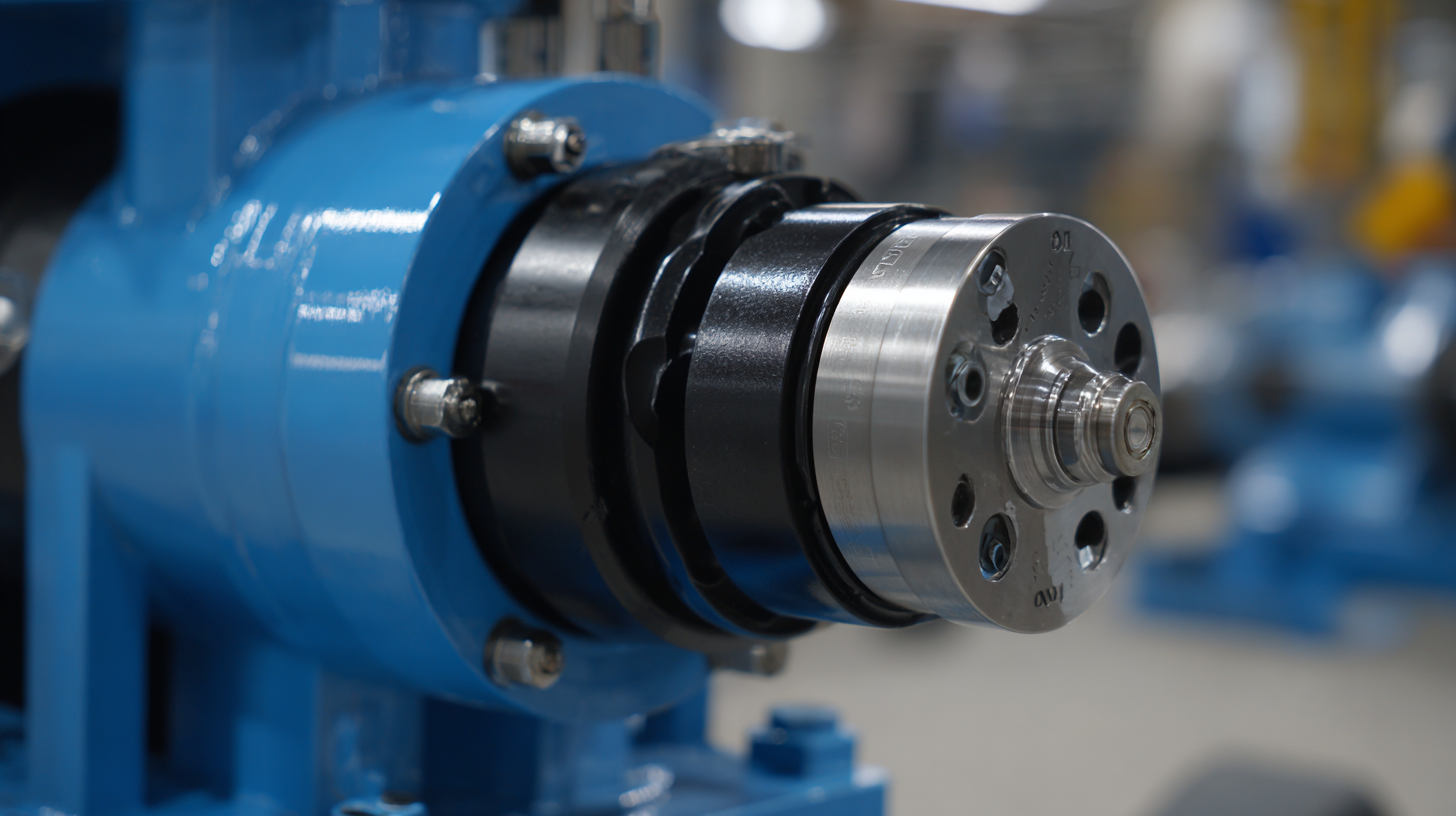 As we delve into the intricacies of selecting the best high pressure piston pump for your needs, this guide will provide valuable insights into various types and technologies available in the market. Whether you are a seasoned professional or a newcomer in the industry, knowing the distinctions and applications of high pressure piston pumps will be vital for achieving optimal results in your operations.
As we delve into the intricacies of selecting the best high pressure piston pump for your needs, this guide will provide valuable insights into various types and technologies available in the market. Whether you are a seasoned professional or a newcomer in the industry, knowing the distinctions and applications of high pressure piston pumps will be vital for achieving optimal results in your operations.
High pressure piston pumps are vital components in a variety of industries, each with specific applications that require careful consideration when selecting the right pump. According to a recent report by MarketsandMarkets, the global high pressure piston pump market is projected to grow from USD 2.8 billion in 2020 to USD 4.0 billion by 2025, reflecting a compound annual growth rate (CAGR) of 7.2%. This growth is driven by increasing demand in sectors such as oil and gas, water treatment, and manufacturing, where high-pressure capabilities are essential.
Identifying the key applications for high pressure piston pumps in 2025 is crucial for making an informed choice. In the oil and gas sector, these pumps are indispensable for hydraulic fracturing and enhanced oil recovery, where high pressure is needed to inject fluids deep into the earth. In manufacturing, high pressure piston pumps are widely used in processes such as surface cleaning, paint spraying, and food processing, where precision and reliability are paramount. Understanding these applications helps businesses align their pump choices with operational needs, ensuring efficiency and effectiveness in their respective fields.
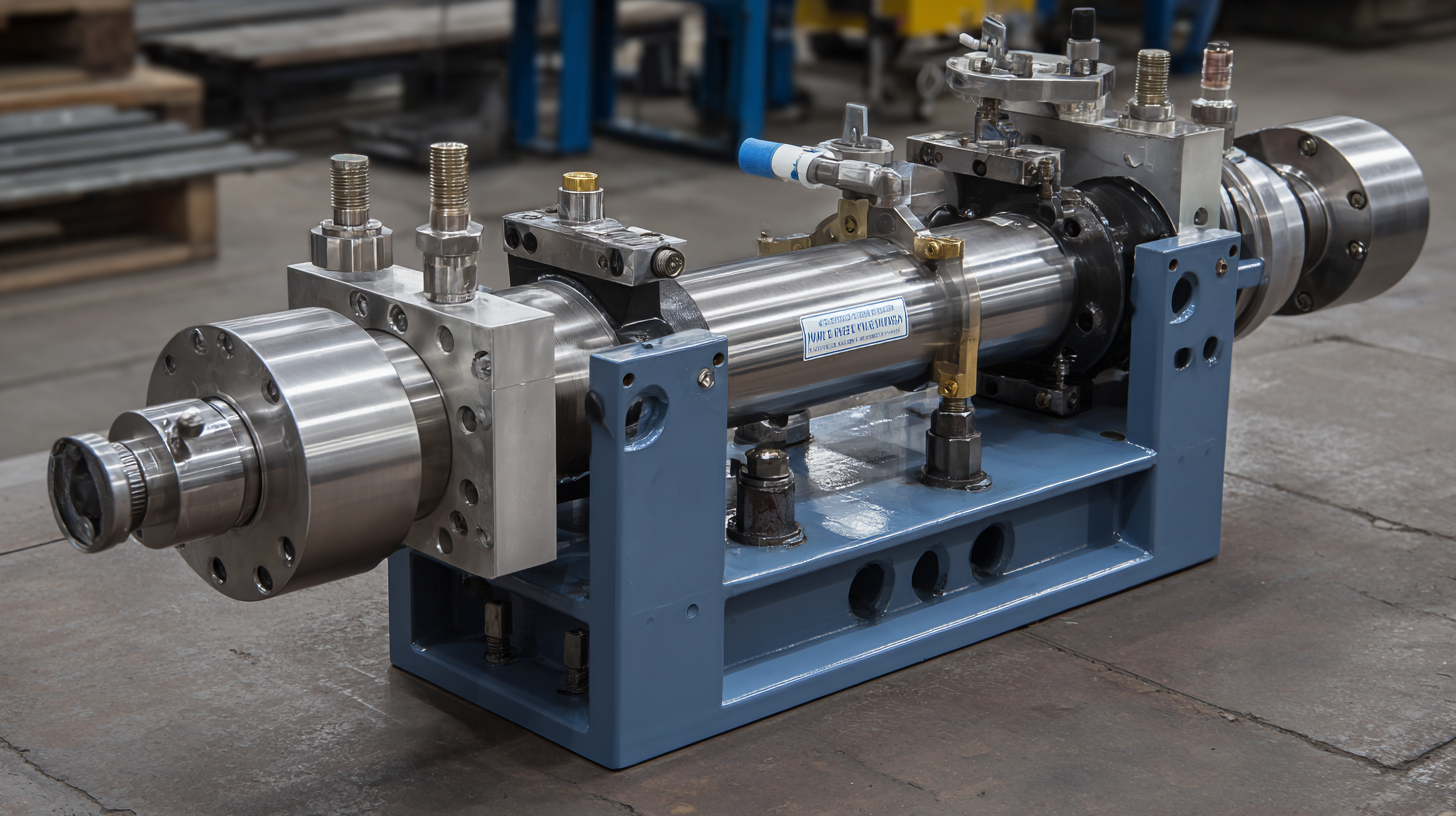
When selecting a high pressure piston pump, understanding performance metrics such as flow rate, pressure, and efficiency is crucial. Flow rate, typically measured in gallons per minute (GPM) or liters per minute (LPM), indicates how much fluid the pump can move. For instance, according to the Hydraulic Institute, pumps with a flow rate of 100 GPM can meet the requirements of most industrial applications. Evaluating the specific flow rate needed for your application ensures optimal performance and prevents potential bottlenecks in your system.
Pressure is another key metric to consider. It is measured in pounds per square inch (PSI) and can significantly influence the pump's capability in specific applications. Reports from the American Society of Mechanical Engineers (ASME) highlight that many high pressure piston pumps can operate efficiently at pressures ranging from 1,000 to over 10,000 PSI. Choosing a pump with the appropriate pressure rating will not only enhance performance but also prolong the equipment's lifespan.
Finally, efficiency plays a vital role in the overall operation cost and environmental footprint of the pump. Energy efficiency is often represented by the pump's hydraulic efficiency, which can reach up to 90% in high-end models, according to conclusions drawn from studies conducted by the Pump Systems Matter initiative. Selecting a pump with high efficiency can lead to significant reductions in energy costs and operational downtime, making it an essential factor in the purchasing decision.
When selecting a high pressure piston pump, understanding the specific needs of your application is crucial. A comparative analysis of the top 10 high pressure piston pumps reveals key features and performance metrics that can guide your decision. These pumps vary in pressure ratings, flow rates, build materials, and energy efficiency, which can significantly impact their suitability for different tasks. For instance, pumps designed for industrial use often prioritize durability and long service life, while those for commercial settings may focus on lightweight design and ease of transport.
Tips: Consider the maintenance requirements of each pump. Some models offer easy access to components for quick servicing, which can save downtime. Also, look for options with low noise levels if you're operating in a sensitive environment. Research pump manufacturers' reputations and customer service offerings to ensure you have support throughout your pump's lifecycle.
Additionally, analyzing user reviews and industry benchmarks can provide insight into real-world performance. Pay attention to pumps that consistently receive high ratings for reliability and efficiency. Remember, it’s not just about the specifications; understanding how a pump performs in practical scenarios is equally essential for making an informed choice.
When selecting a high-pressure piston pump, evaluating material durability is crucial for ensuring long-term use. Different pump materials, such as stainless steel, aluminum, and composite materials, each offer varying levels of resistance to corrosion, temperature fluctuations, and wear and tear. Stainless steel is often favored for its exceptional durability and resistance to harsh chemicals, making it ideal for demanding applications. Conversely, aluminum may be lighter and cost-effective but might not withstand certain corrosive environments as effectively. Therefore, understanding the specific operational conditions and chemical compatibility is essential when choosing the right material.
Maintenance needs also play a significant role in the longevity of a high-pressure piston pump. Regular inspection of components, such as seals and valves, can prevent costly breakdowns and ensure optimal performance. Pumps designed with ease of maintenance in mind, featuring accessible parts and intuitive layouts, can save users time and labor. Additionally, incorporating a well-defined maintenance schedule and using high-quality lubricants can significantly extend the pump’s lifespan. By prioritizing both material durability and maintenance considerations, users can select a piston pump that meets their operational demands effectively and reliably.
When selecting a high pressure piston pump in 2025, it's essential to perform a thorough cost-benefit analysis to determine whether investing in a quality model is worth the extra expenditure compared to budget-friendly options. High-end pumps often come with advanced features, durability, and superior performance, which can significantly reduce operational costs in the long run. These models typically offer longer lifespans, reduced maintenance needs, and enhanced efficiency, making them a more economical choice for businesses that rely on consistent performance.
On the other hand, budget models may seem attractive due to their lower initial cost. However, these pumps can often require more frequent replacements and repairs, resulting in higher total costs over time. It's vital to assess your specific operational needs, the frequency of use, and the environments in which the pumps will operate. By weighing the initial investment against potential savings and performance benefits, you can make a more informed decision that aligns with your requirements and budget considerations for 2025.
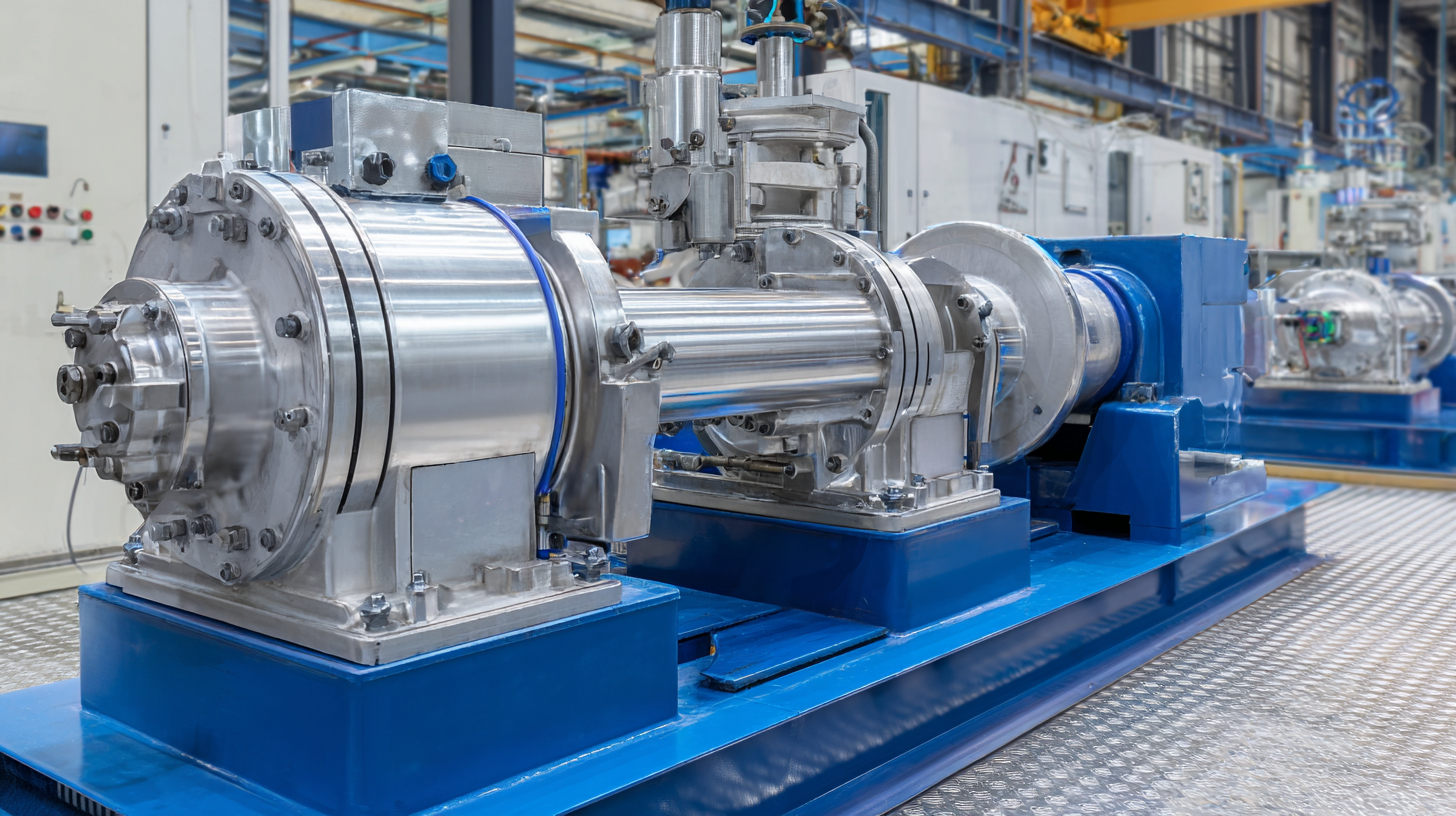


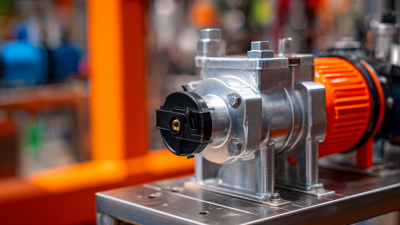

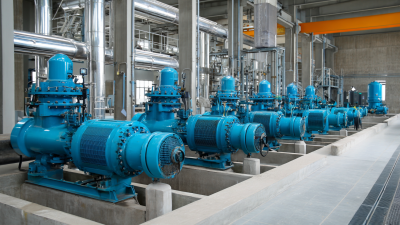
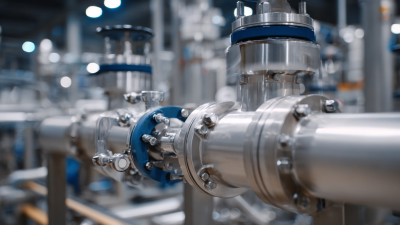
Universal Pumping
625 Apache Trail
Woodstock, GA 30189
Mon - Fri | 9:00 AM - 5:00 PM
Universal Pumping is staffed with industry professionals with 20-45 years experience with high pressure pumping systems. We represent only the “elite producers” in pump manufacturing: Britain’s EMS and Germany’s EMMERICH. Our engineering and manufacturing approach is conservative, and we do not use “guess work” in the design or sales of our pumping and filtration equipment.



